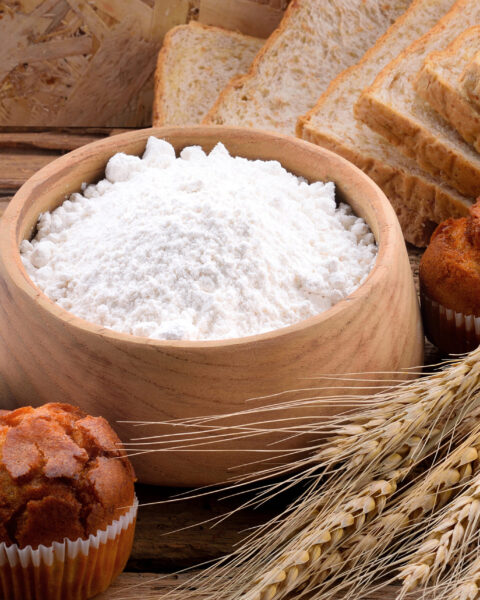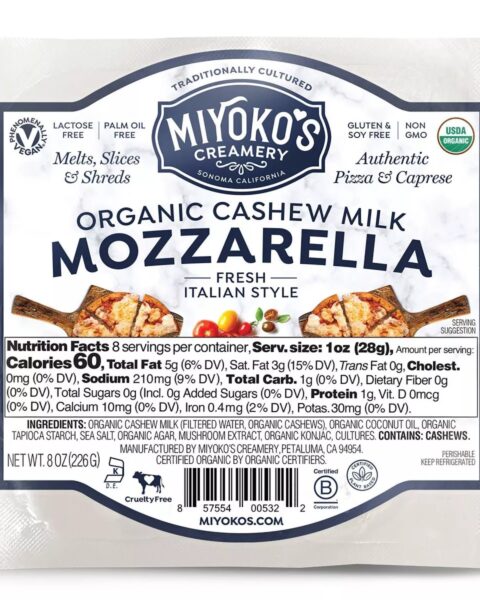Essential oils have gained tremendous popularity in recent years, quickly becoming a crowd favorite due to their claimed benefits for everything from stress relief to home cleaning. However, there are claims that have been widely circulated without much evidence to back them up. To sort fact from fiction and clear up any misconceptions, here are the most common myths about essential oils and their uses around the home.
Contents
- 1 Myth 1: Essential Oils Are Safe for All Pets
- 2 Real Use: Freshen the Air with Pet-Safe Essential Oils
- 3 Myth 2: Essential Oils Can Cure Illnesses
- 4 Real Use: Use Essential Oils for Relaxation
- 5 Myth 3: Essential Oils Are Completely Natural and Therefore Safe
- 6 Real Use: Dilute Essential Oils for Natural Cleaning Solutions
- 7 Myth 4: Essential Oils Are Safe to Ingest
- 8 Real Use: Use Essential Oils in Aromatherapy
- 9 Myth 5: More Essential Oil Means Better Results
- 10 Real Use: Enhance Your Laundry with Essential Oils
- 11 Myth 6: Essential Oils Don’t Expire
- 12 Real Use: Use Fresh Essential Oils for Scenting Candles
- 13 Myth 7: Essential Oils Can Be Used Directly on the Skin
- 14 Real Use: Create a Soothing Massage Oil
- 15 Myth 8: Essential Oils Can Be Used as a Pesticide Replacement
- 16 Real Use: Use Essential Oils to Repel Insects Naturally
- 17 More From RetailShout
- 18 18 Protein-Packed Breakfasts to Start Your Day Right
- 19 15 Classic Diner Meals That Bring Back Nostalgia
Myth 1: Essential Oils Are Safe for All Pets

Many people believe that essential oils are safe to use around pets, but this is not entirely true. Some essential oils, like tea tree oil and eucalyptus, can be toxic to dogs and cats. Pets have a much more sensitive sense of smell and different metabolic processes than humans, making them more susceptible to adverse effects. In some cases, even diffusing certain oils can cause respiratory distress in animals. Always consult with a veterinarian before using essential oils in a home with pets.
Real Use: Freshen the Air with Pet-Safe Essential Oils
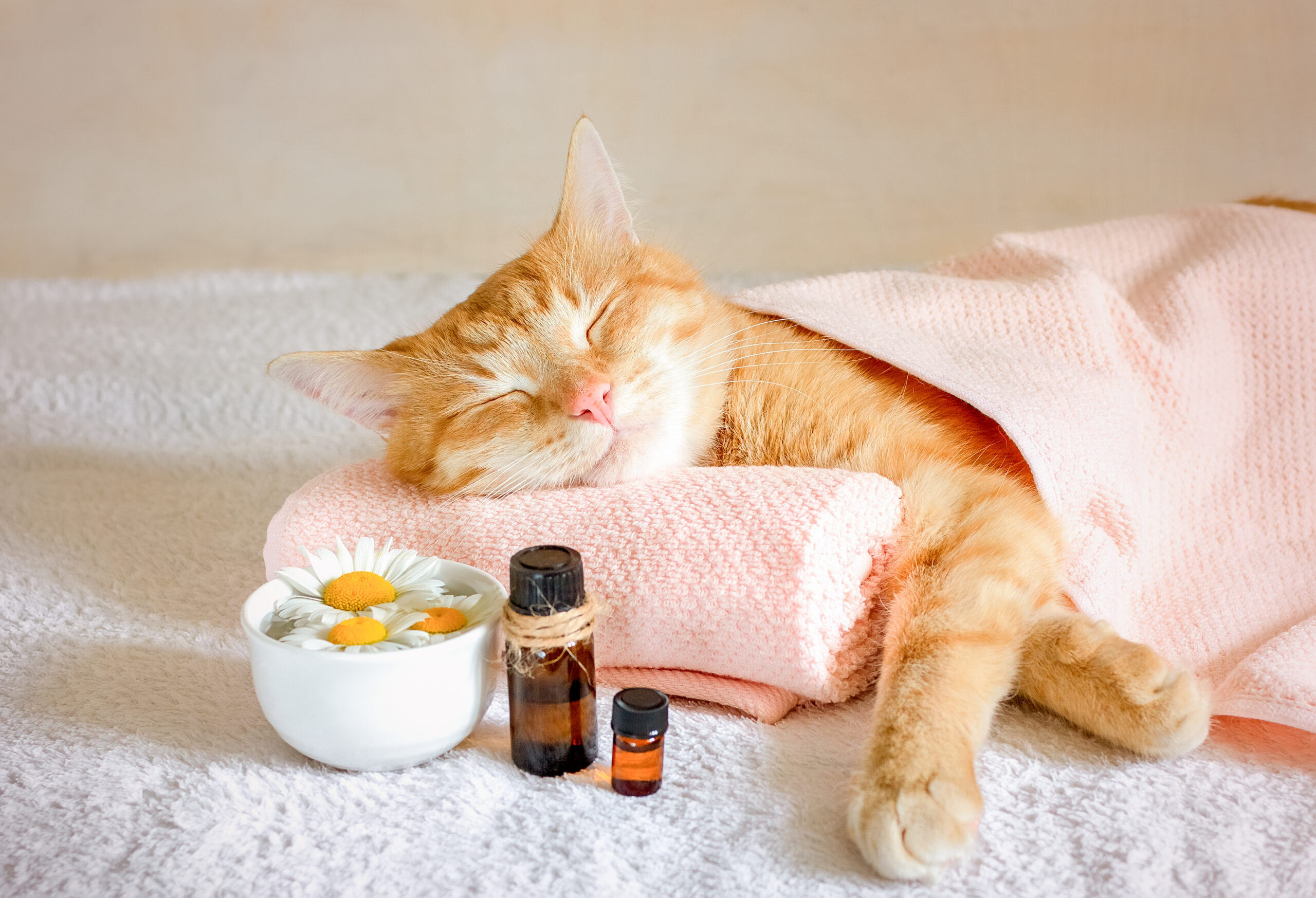
Despite the risks, you can still use essential oils to freshen the air in your home by choosing pet-safe options like lavender or chamomile. These oils are generally safe when used in moderation and can help neutralize odors, providing a calming environment for both you and your pets. Consider using an essential oil diffuser with a few drops of these safe oils to keep your home smelling pleasant without putting your pets at risk. Just be sure to diffuse in well-ventilated areas and monitor your pets for any signs of discomfort.
Myth 2: Essential Oils Can Cure Illnesses
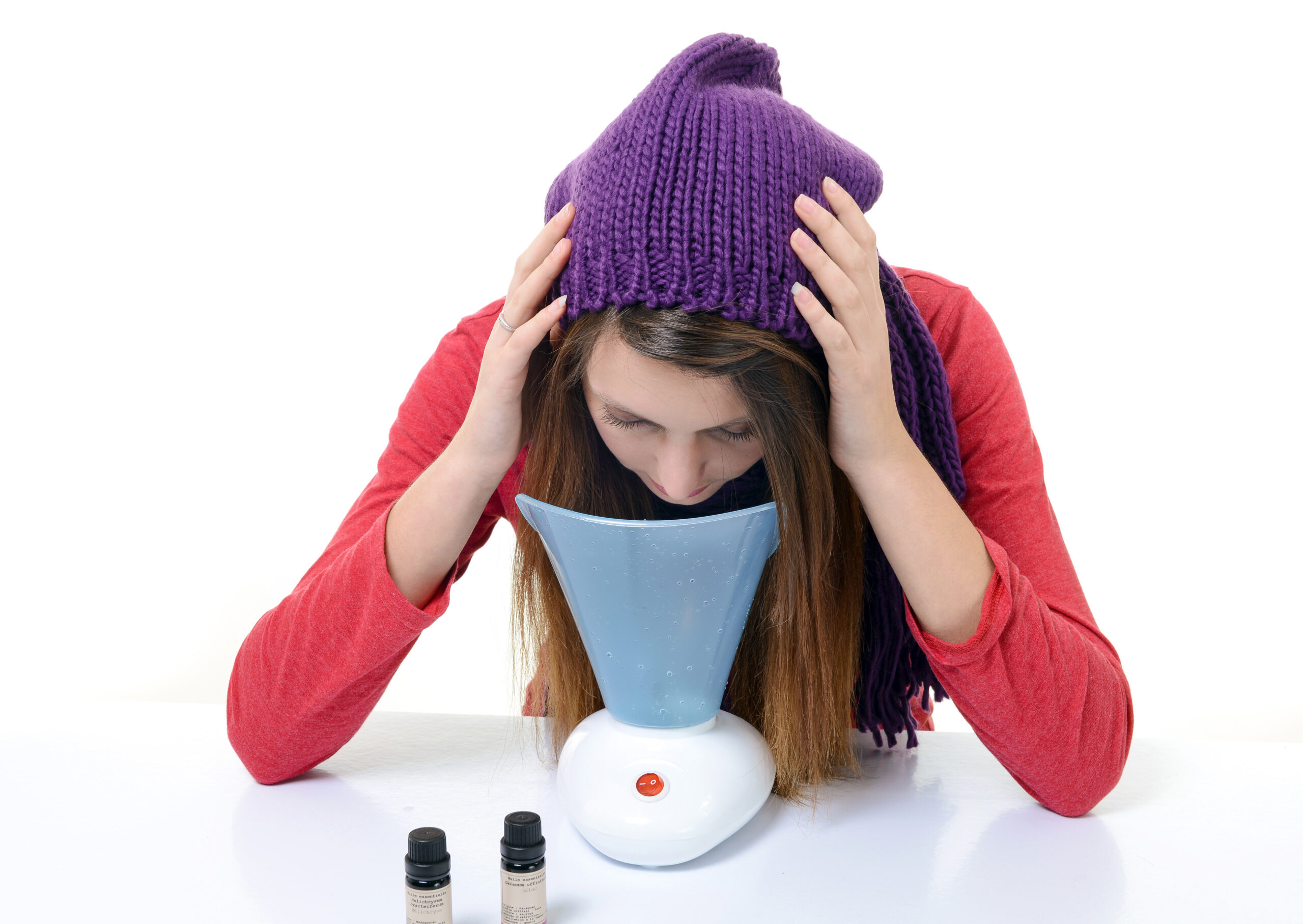
A common myth is that essential oils can cure a variety of illnesses, from the common cold to chronic conditions. While essential oils can support wellness by promoting relaxation or enhancing mood, they are not a substitute for medical treatment. There is no scientific evidence to suggest that essential oils can cure diseases or replace prescribed medication. Relying on essential oils alone for treatment can delay proper care and worsen health conditions. Always consult a healthcare professional for medical advice and use essential oils as a complementary therapy, not a cure.
Real Use: Use Essential Oils for Relaxation
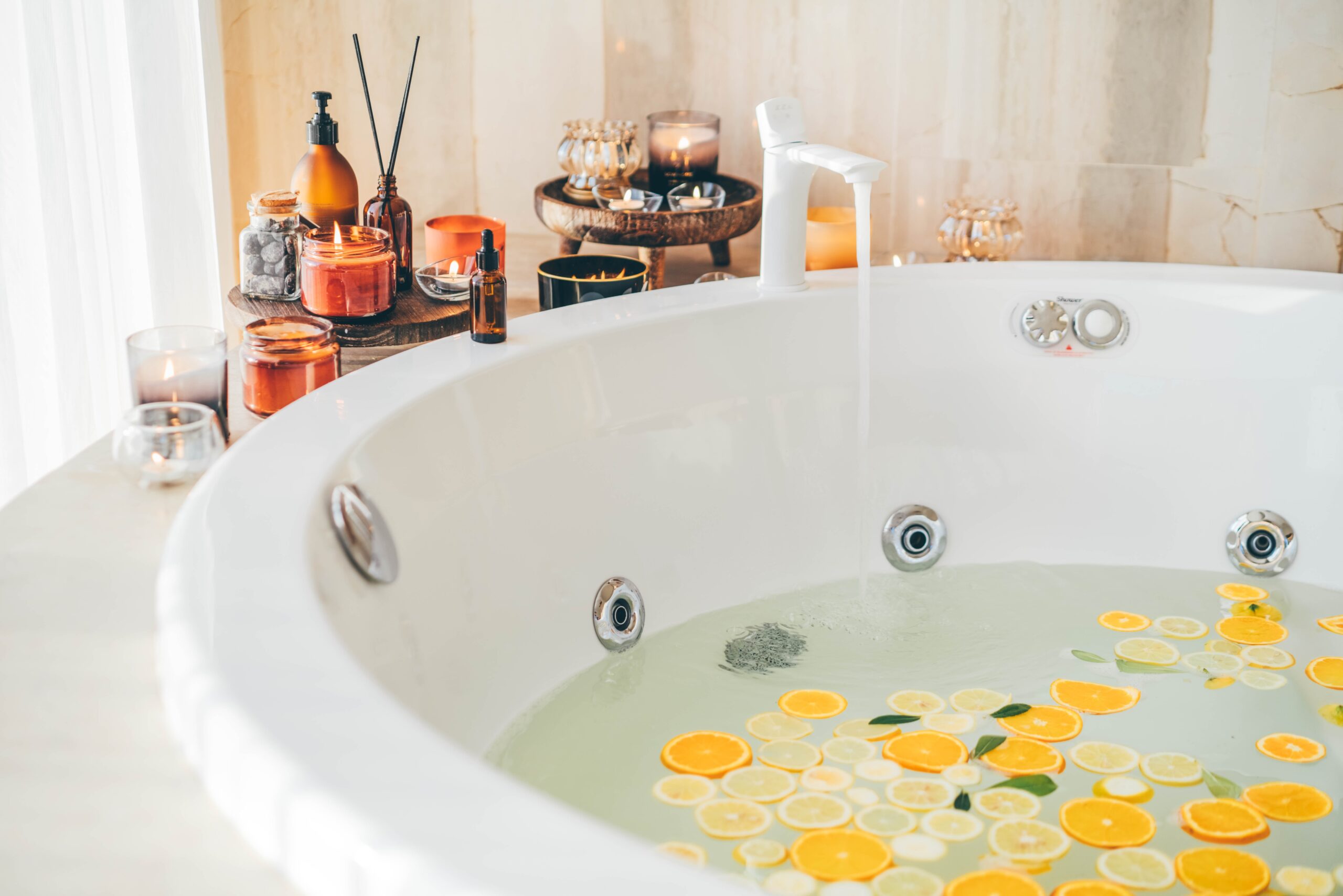
While they may not cure illnesses, essential oils like lavender or peppermint can be effectively used to create a relaxing atmosphere in your home. Adding a few drops to a diffuser or a warm bath can help reduce stress and promote a sense of calm. These oils can be particularly helpful in areas like the bedroom or bathroom, where relaxation is key. Additionally, using essential oils as part of a relaxation routine can complement traditional treatments, helping you manage stress and improve overall well-being.
Myth 3: Essential Oils Are Completely Natural and Therefore Safe
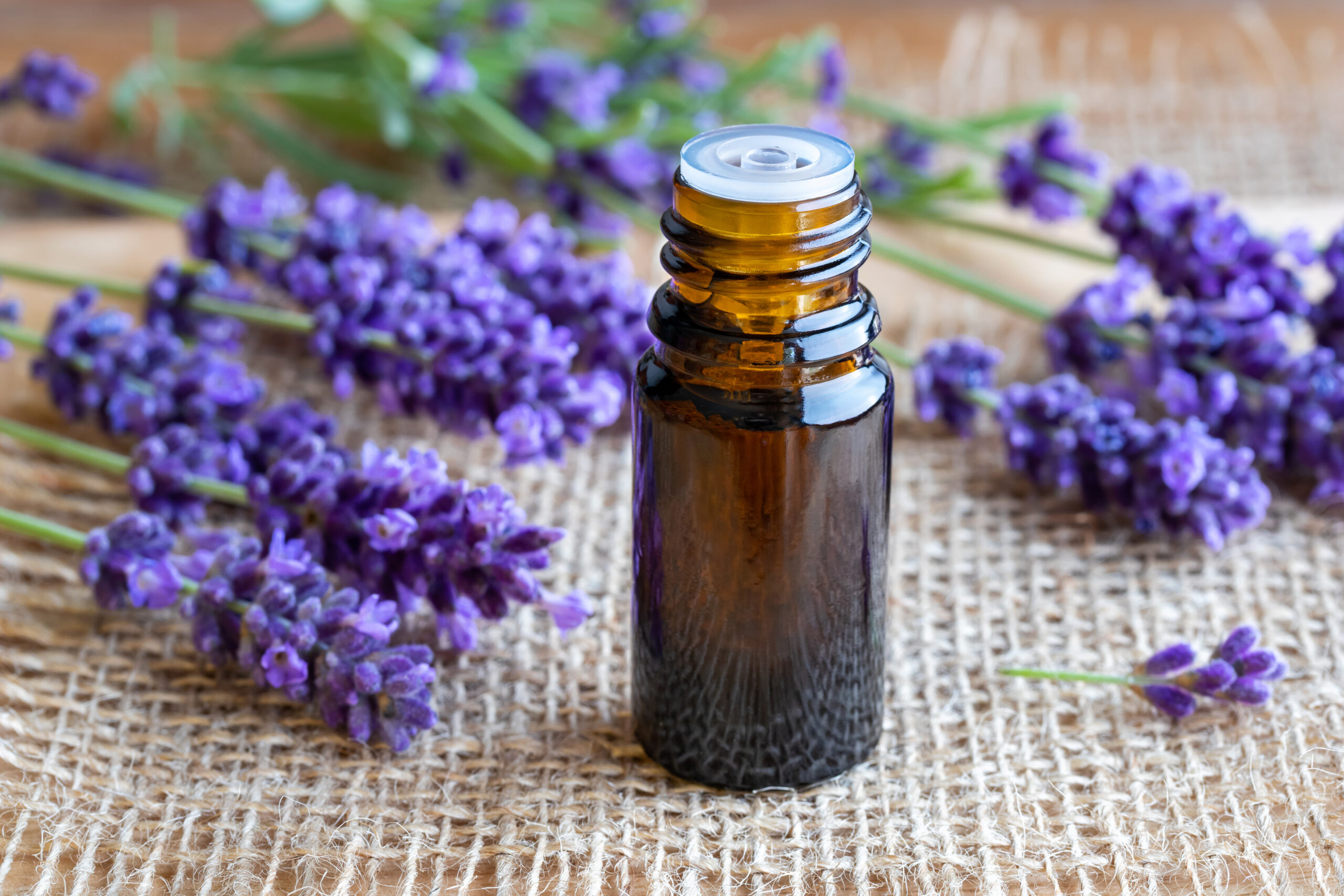
Just because something is natural doesn’t mean it’s automatically safe, and this applies to essential oils as well. Some essential oils can cause skin irritation, allergic reactions, or even hormonal imbalances when used improperly. Certain oils, like cinnamon or clove, are known to be particularly potent and should be used with caution. It’s important to dilute essential oils properly before applying them to the skin or using them around the home. Always perform a patch test before using a new essential oil to ensure you don’t have an adverse reaction.
Real Use: Dilute Essential Oils for Natural Cleaning Solutions
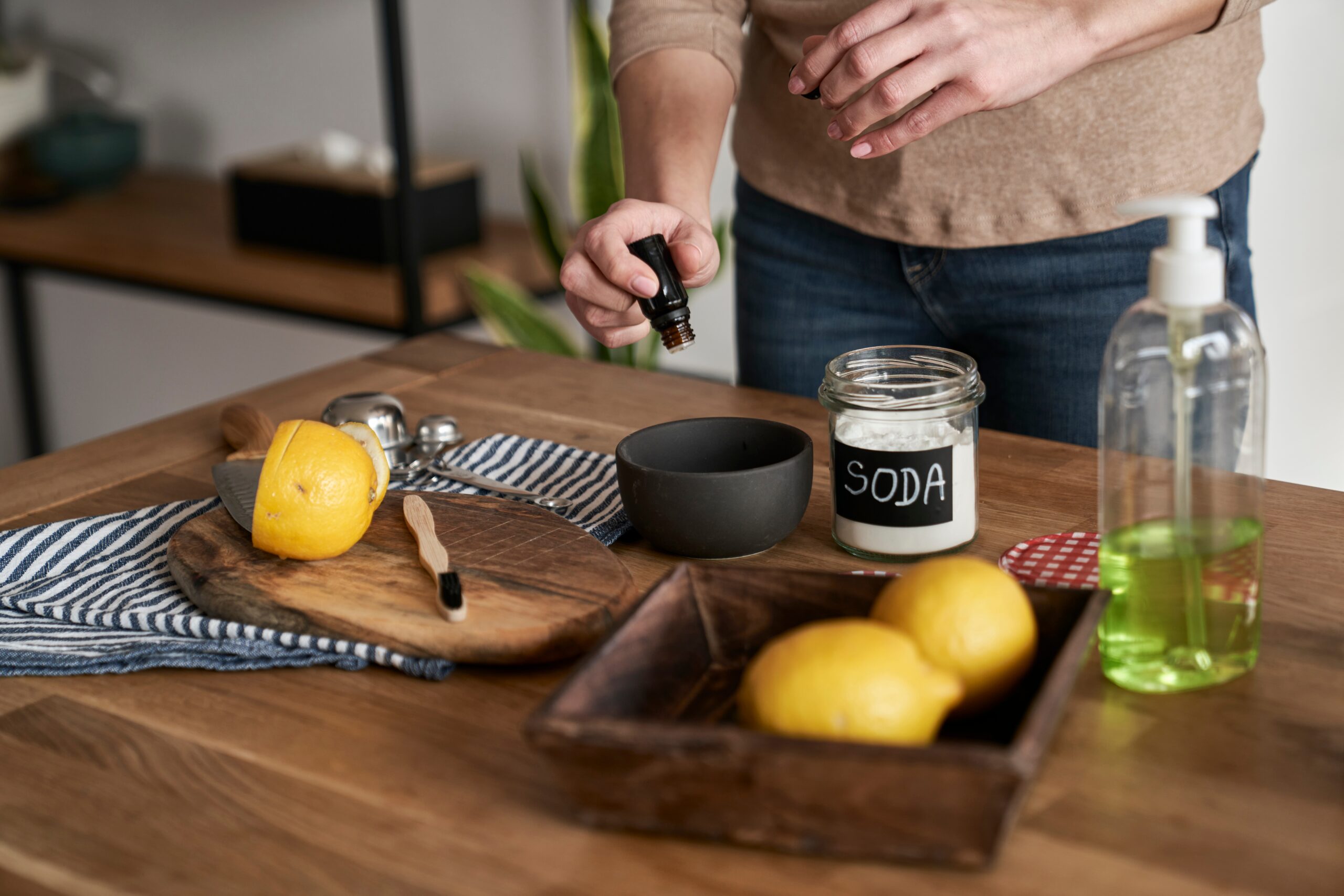
When properly diluted, essential oils can be a great addition to homemade cleaning solutions. Oils like tea tree, lemon, or eucalyptus have natural antimicrobial properties that make them effective for disinfecting surfaces. Simply add a few drops to a spray bottle filled with water and vinegar to create a natural, non-toxic cleaner. This solution can be used on countertops, floors, and other surfaces around your home. Just be mindful of the strength of the oils and avoid overusing them, especially in areas where pets or children might come into contact.
Myth 4: Essential Oils Are Safe to Ingest
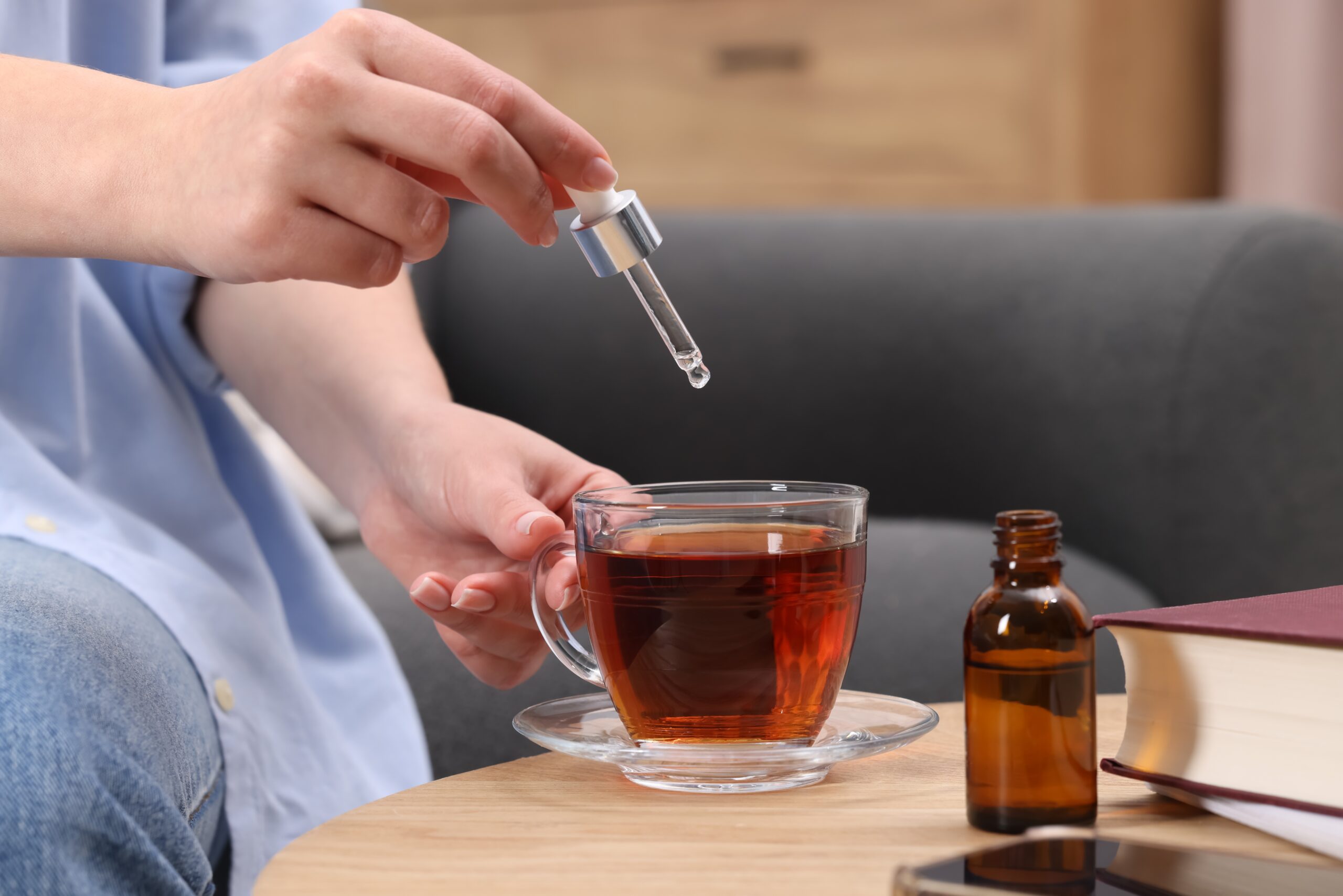
There is a persistent myth that because essential oils are natural, they are safe to ingest. In reality, ingesting essential oils can be very dangerous, as they are highly concentrated substances. Ingesting even small amounts can lead to toxicity, gastrointestinal issues, or even liver damage. Some essential oils are safe to consume when properly diluted and used under the guidance of a trained professional, but this should never be done without expert advice. It’s essential to understand that just because something is natural doesn’t mean it’s safe to eat or drink.
Real Use: Use Essential Oils in Aromatherapy
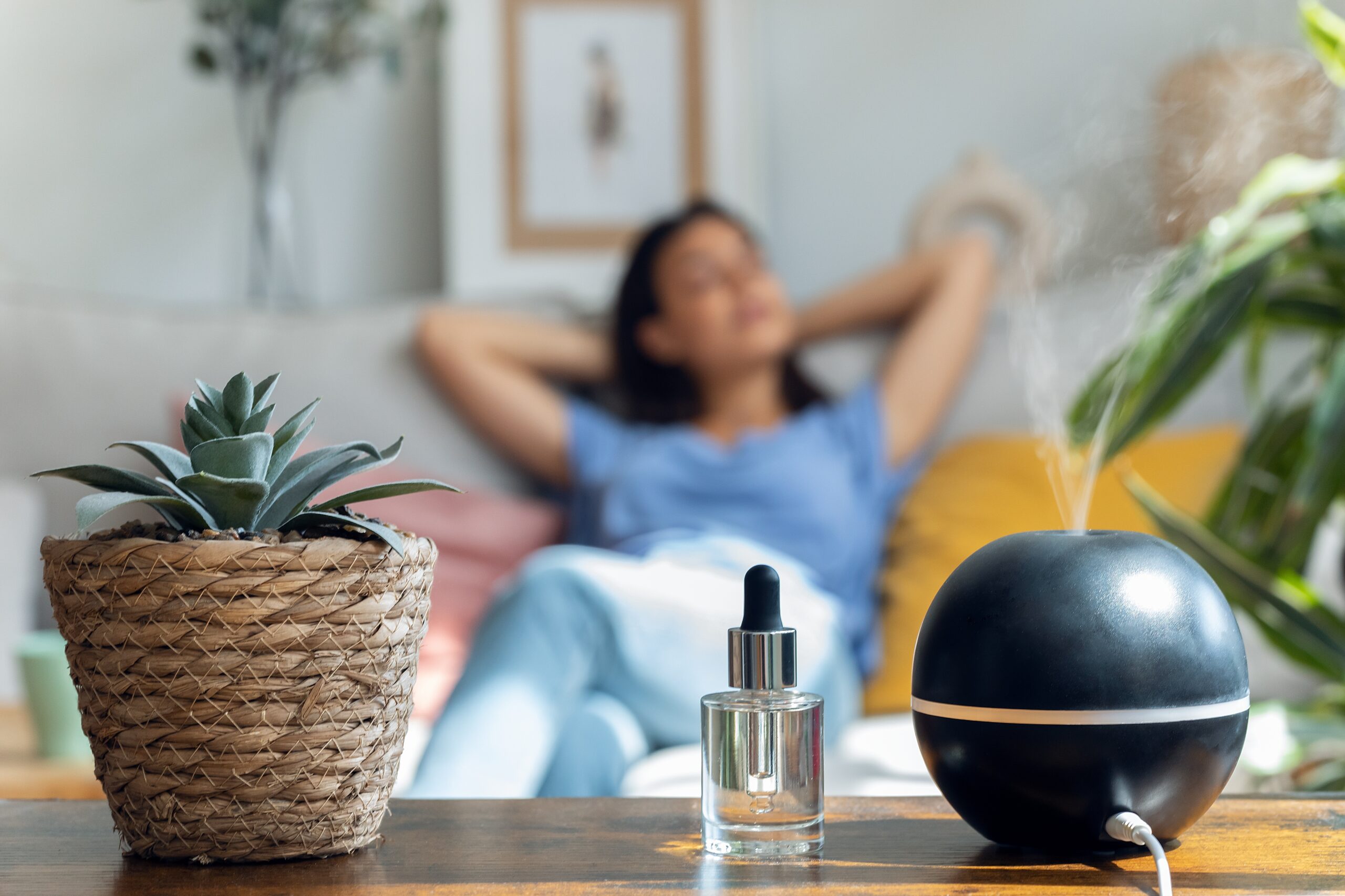
Instead of ingesting essential oils, use them in aromatherapy to enjoy their benefits safely. Oils like peppermint, rosemary, or citrus can be added to a diffuser to create an uplifting atmosphere in your home. Aromatherapy can help with focus, relaxation, or even boosting energy levels depending on the oils used. This method allows you to experience the positive effects of essential oils without the risks associated with ingestion. Always ensure your space is well-ventilated when diffusing oils to avoid overwhelming your senses.
Myth 5: More Essential Oil Means Better Results

Some believe that using more essential oil will enhance the benefits, but this is not the case. Essential oils are highly concentrated, and using too much can lead to negative side effects such as headaches, nausea, or skin irritation. Overuse can also desensitize your body to the oils’ effects, making them less effective over time. It’s important to follow recommended guidelines and use essential oils sparingly. A few drops are often all you need to achieve the desired effect.
Real Use: Enhance Your Laundry with Essential Oils
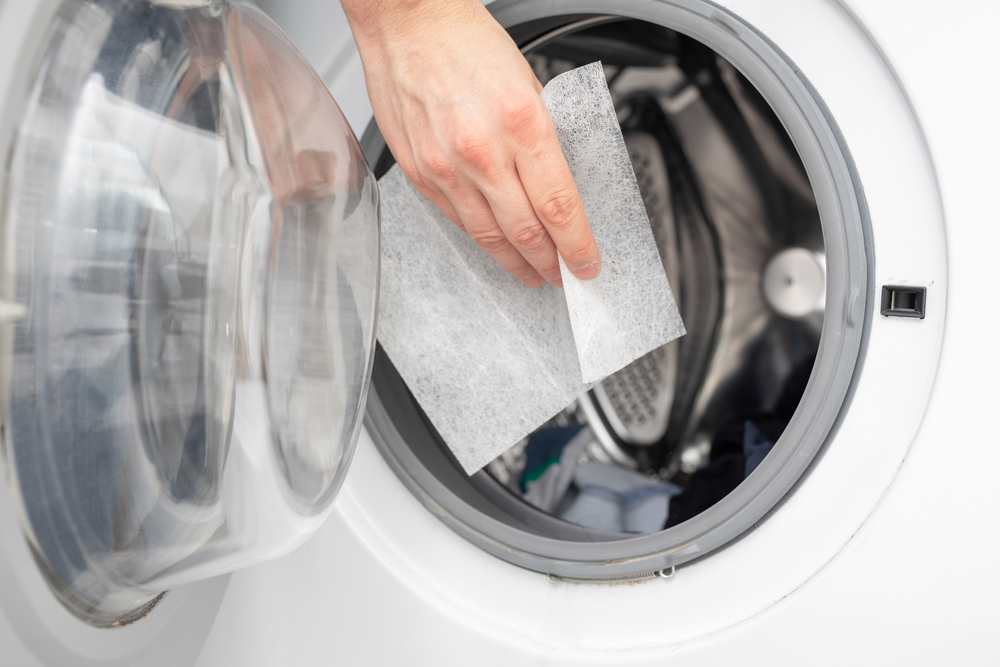
You don’t need a lot of essential oil to make a big difference in your laundry. Adding just a few drops of lavender, eucalyptus, or lemon oil to your dryer balls or sheet can leave your clothes smelling fresh and clean. These oils can also help to reduce static and soften fabrics naturally. It’s a simple way to incorporate the benefits of essential oils into your daily routine without overusing them. Just remember, a little goes a long way in ensuring your clothes are pleasantly scented.
Myth 6: Essential Oils Don’t Expire
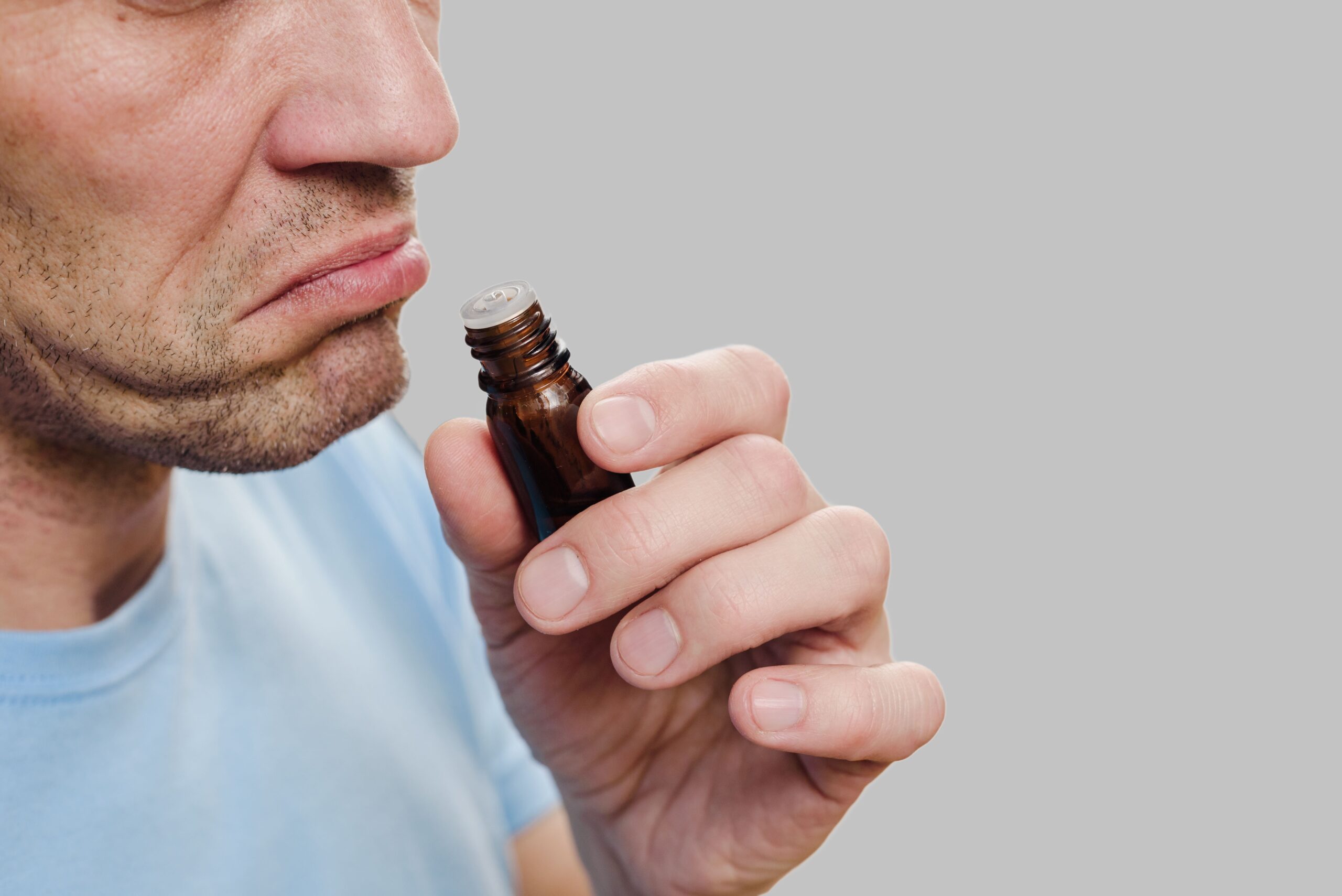
Another common myth is that essential oils last forever and don’t expire. In truth, essential oils have a shelf life and can degrade over time, especially when exposed to light, heat, or air. As they degrade, they lose their potency and can even develop harmful compounds. The shelf life of an essential oil varies depending on its type and storage conditions, typically ranging from one to three years. Always store your essential oils in a cool, dark place, and replace them as needed to ensure you’re using them safely and effectively.
Real Use: Use Fresh Essential Oils for Scenting Candles
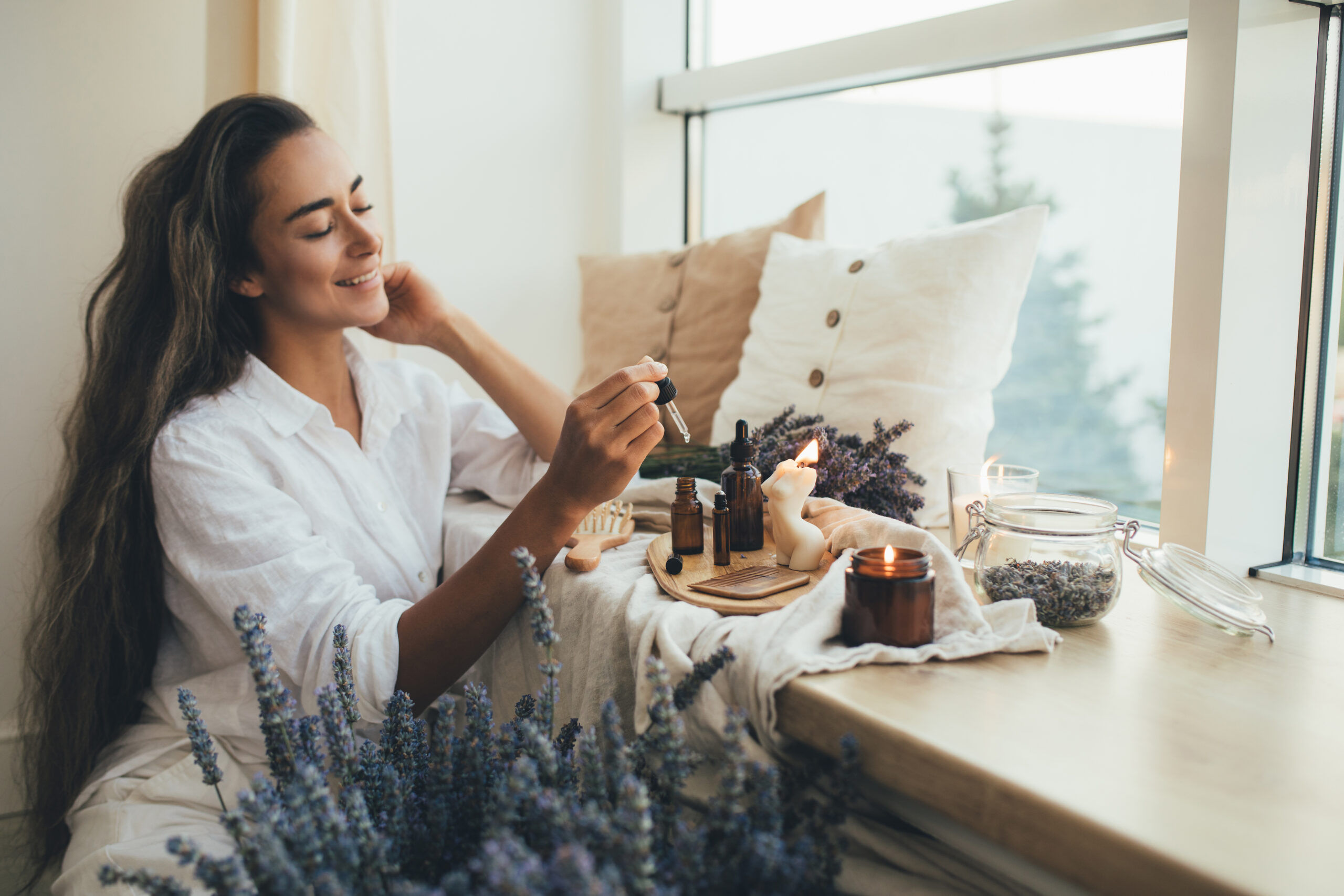
To make the most of your essential oils, use fresh oils for scenting homemade candles. Fresh essential oils provide a stronger, more pleasant aroma that can fill your home with a delightful scent. Simply add a few drops of your favorite essential oils to melted wax before pouring it into a mold or jar. Lavender, citrus, and vanilla are popular choices for candles that can create a calming or invigorating atmosphere. Using fresh oils ensures that your candles burn with a vibrant scent, making your home more inviting.
Myth 7: Essential Oils Can Be Used Directly on the Skin
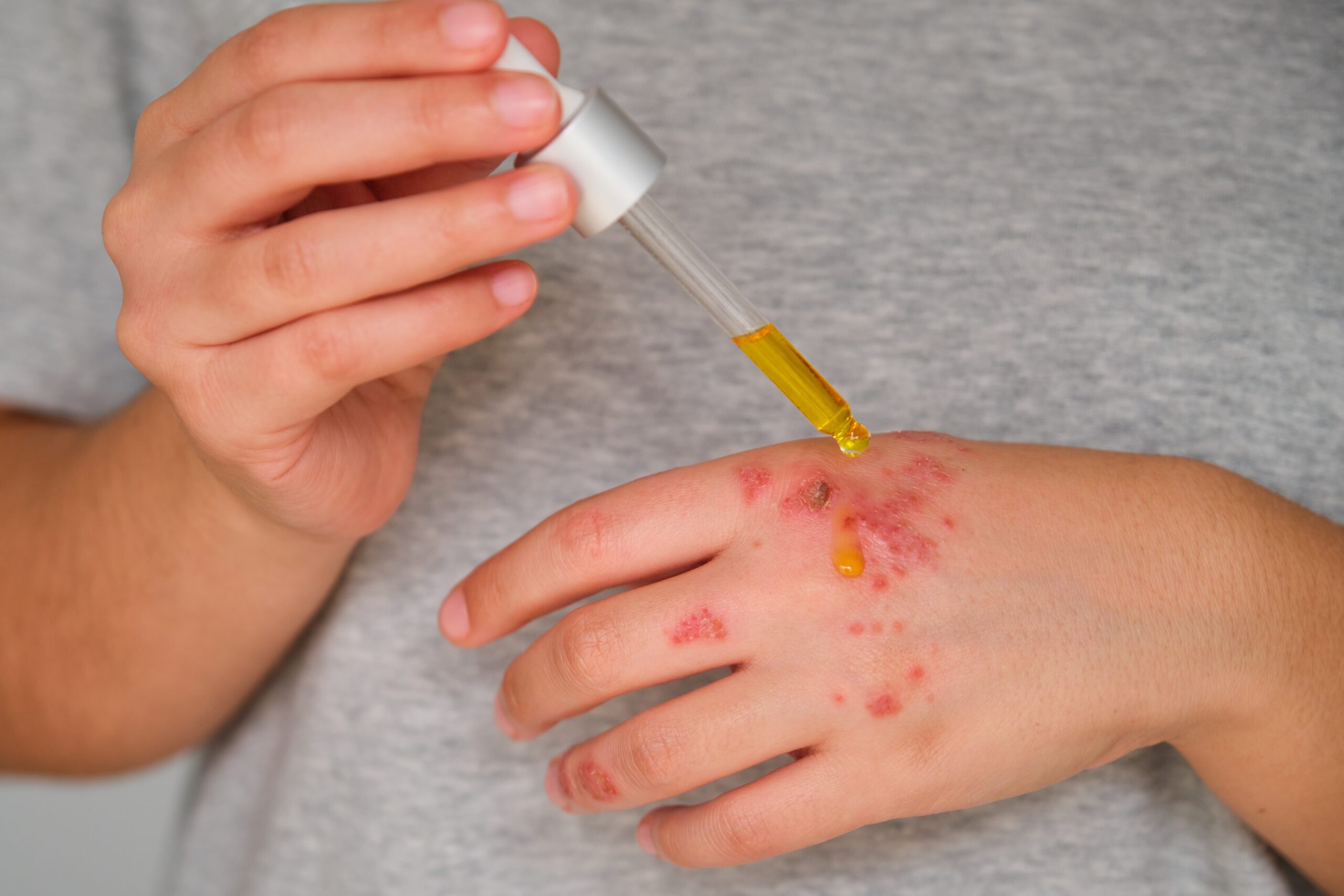
It’s a common misconception that you can apply essential oils directly to the skin without any issues. However, most essential oils are too potent to be used undiluted and can cause skin irritation, burns, or allergic reactions. It’s crucial to dilute essential oils with a carrier oil, such as coconut or jojoba oil, before applying them to the skin. The recommended dilution ratio is typically 2-3 drops of essential oil per teaspoon of carrier oil. Always conduct a patch test before using any new essential oil on your skin to avoid adverse reactions.
Real Use: Create a Soothing Massage Oil
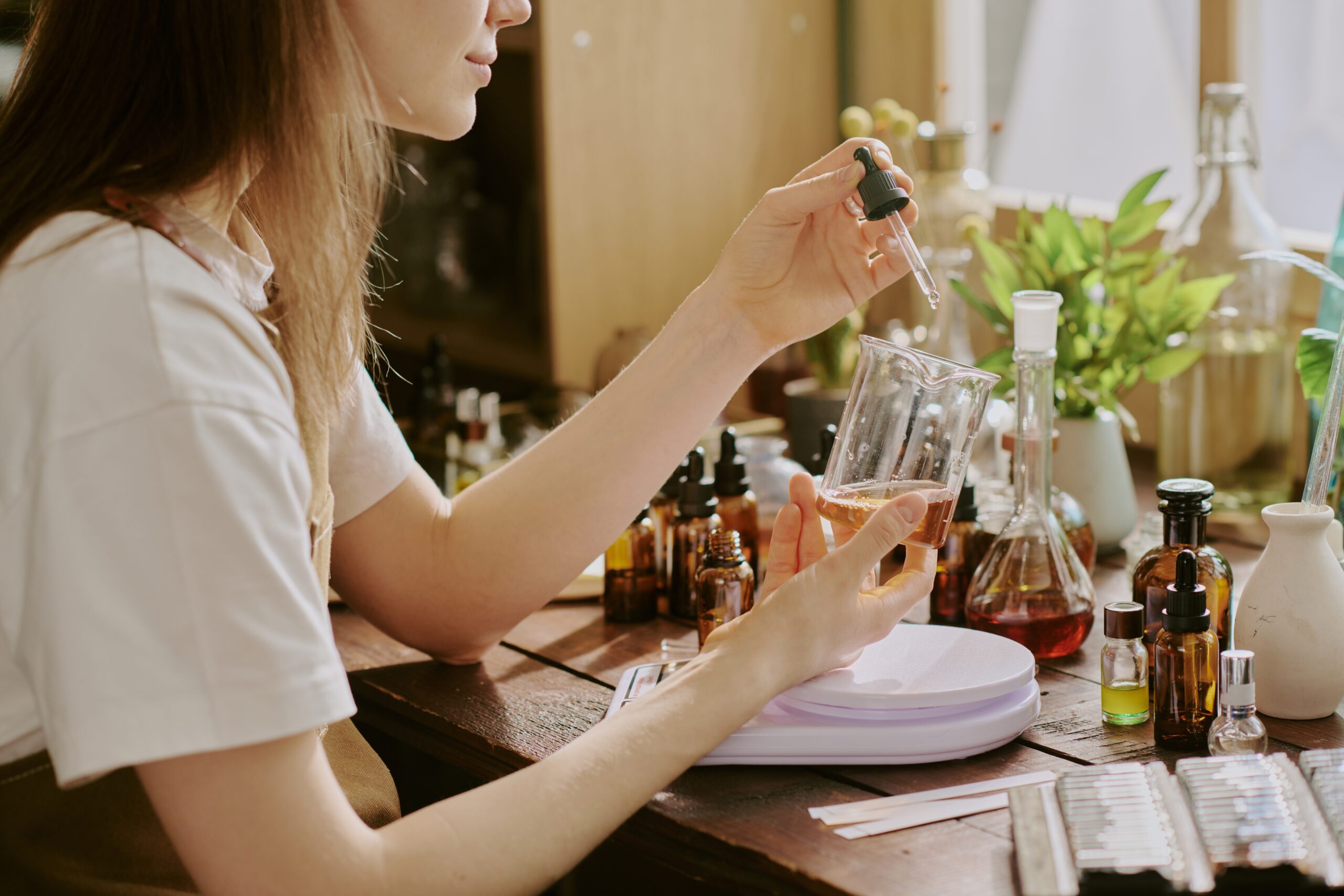
When properly diluted, essential oils can be used to create a soothing massage oil that promotes relaxation and relieves muscle tension. Combine essential oils like lavender, chamomile, or peppermint with a carrier oil to create a customized massage blend. This can be used to enhance a massage experience, providing both physical and mental relaxation. The aroma of the essential oils combined with the tactile experience of the massage can help reduce stress and promote a sense of well-being. Always ensure the oils are well-diluted to avoid any skin sensitivity issues.
Myth 8: Essential Oils Can Be Used as a Pesticide Replacement

Some believe that essential oils can fully replace pesticides for dealing with household pests, but this is not always effective. While certain essential oils, like peppermint or citronella, can help repel insects, they do not have the same strength or longevity as chemical pesticides. Essential oils may provide a temporary solution but often require frequent reapplication and may not be effective against all pests. For severe infestations, it’s best to consult a pest control professional. Essential oils can be a part of an integrated pest management plan but should not be relied upon as the sole solution.
Real Use: Use Essential Oils to Repel Insects Naturally
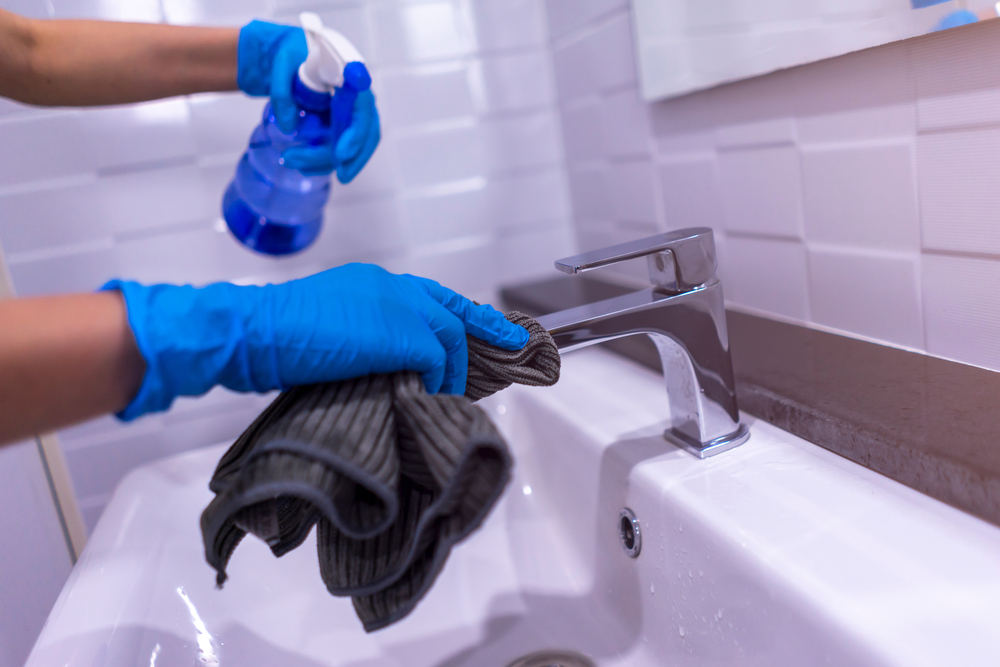
Despite their limitations, essential oils can still be a natural way to deter insects from entering your home. Oils like citronella, lemongrass, or eucalyptus can be used to create a natural bug spray or to scent areas where insects are a problem. Simply mix a few drops with water in a spray bottle and apply it around windows, doors, and other entry points. While not as long-lasting as chemical options, these oils can help reduce the presence of insects in a safer, more natural way. They are particularly useful for outdoor spaces or mild indoor pest issues.
This article originally appeared on RetailShout.
More From RetailShout
15 Old-School Casseroles That Still Hit the Spot
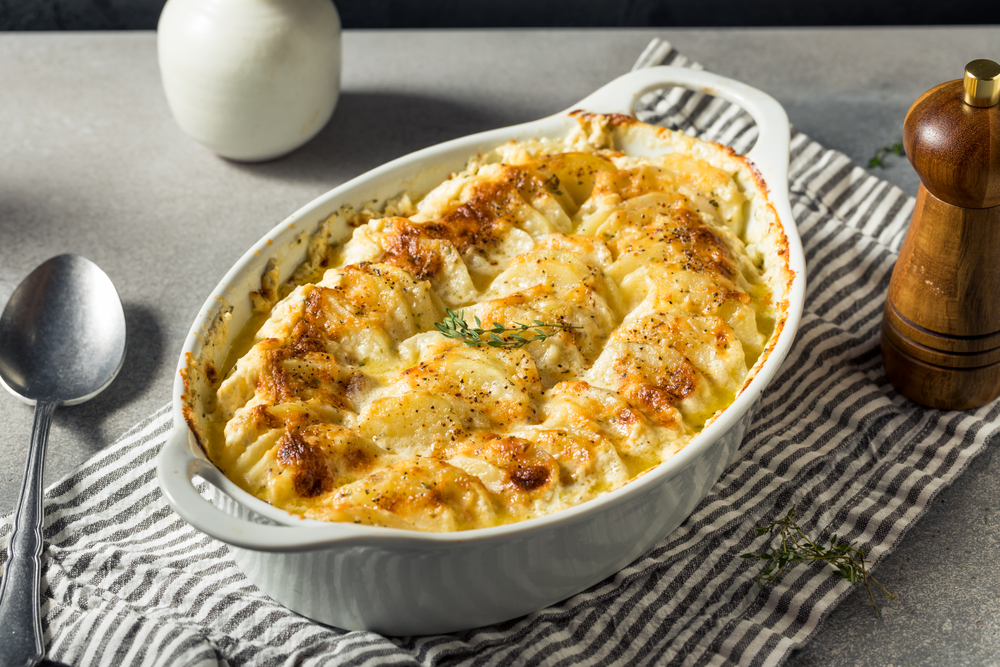
There’s something comforting about old-school casseroles that keeps them around through the years. Whether you’re craving a hearty dish or looking for a crowd-pleasing dinner idea, these classic casseroles hit the spot every time. Packed with simple ingredients and rich flavors, they’re easy to whip up and bring a sense of nostalgia to the dinner table. Read More
18 Protein-Packed Breakfasts to Start Your Day Right
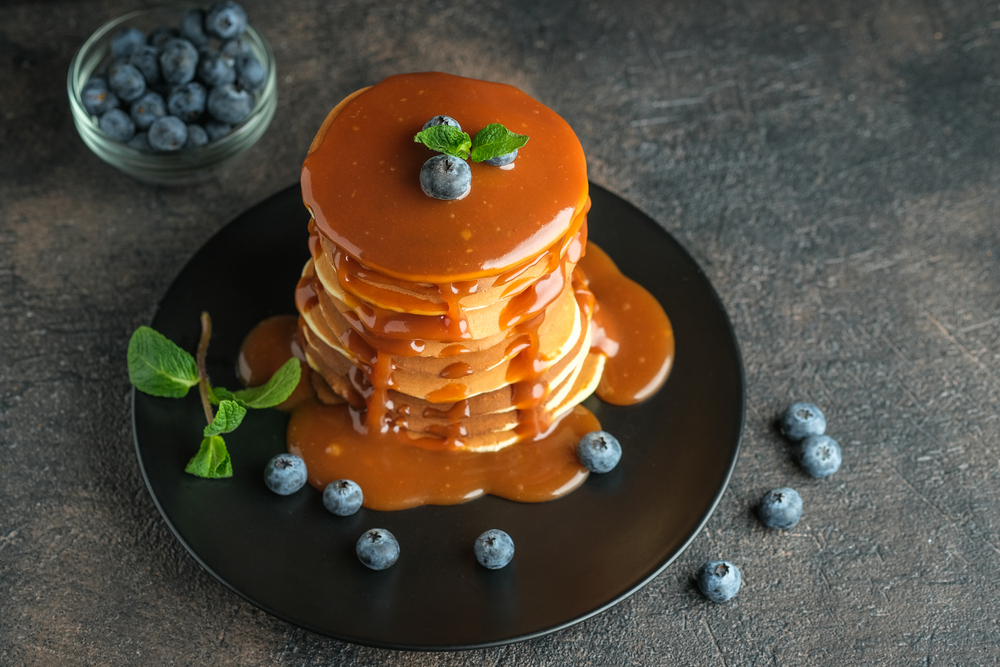
Starting your day with a protein-packed breakfast gives you the energy and focus you need to power through the morning. From easy-to-make egg dishes to creative smoothie bowls, each option is designed to be nutritious and simple to prepare. Read More.
15 Classic Diner Meals That Bring Back Nostalgia

Craving a bite of comfort food straight out of a classic diner? From crispy hash browns to hearty meatloaf, these diner staples bring a rush of nostalgia with every bite. Whether you’re reliving old memories or introducing these dishes to a new generation, these recipes are simple enough for anyone to make. Read More.




